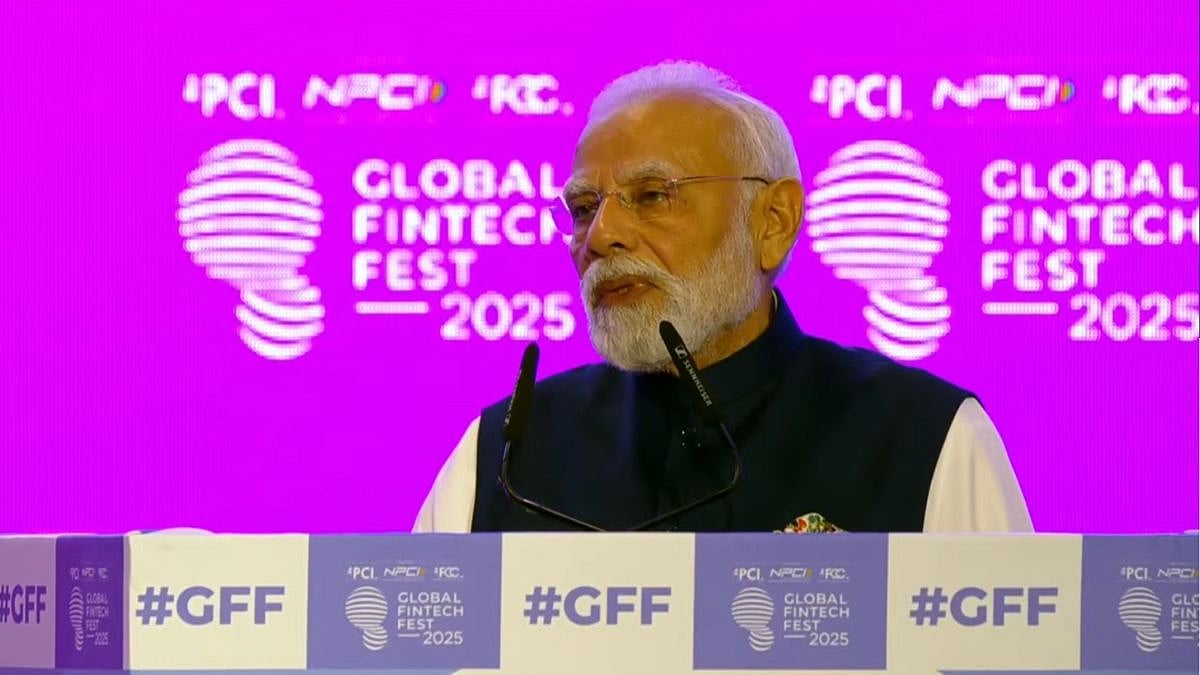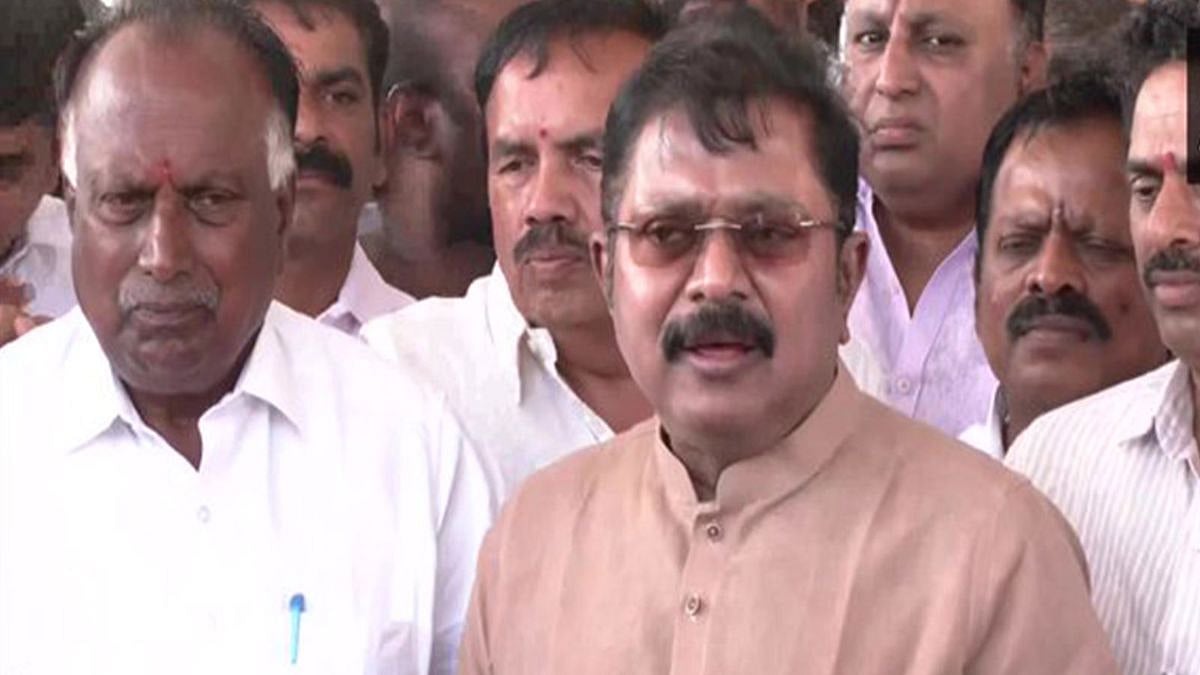The recent series of strikes by the Southern chief ministers, including Kerala CM P Vijayan, Karnataka CM Siddaramaiah, his Deputy DK Shivkumar and the DMK from Tamil Nadu highlighted the discourse on the GST-era and the compensation that the states get in the dearth of revenue avenues for them.
It is at this juncture, that the goods and services tax (GST) compensation cess expiring in March 2026 or before may be replaced with a new levy. This would entail the system looking different, if the GST Council feels more revenue is needed.
What is the GST compensation cess?
The cess (a tax levied for specific purposes), which is levied on products with 28 per cent GST, which is the highest tax slab of the four slabs, such as aerated drinks, tobacco and automobiles, was designed to address concern and to compensate states for their revenue losses in the first five years of GST till June 2022. This given the circumstances, was extended till March 2026 to repay a Rs 2.69 trillion debt raised by the Centre when the cess collection was not sufficient to pay the states during the covid years.
While talking to The Mint, an official at the condition of anonymity said, “If before March 2026 we are able to pay all the loans and pay some of the compensation due to be paid because of non-receipt of audited figures from some of the states, the compensation cess cannot be levied beyond that,”
“Products like tobacco and automobiles currently attracting cess over and above 28% GST cannot have GST ‘compensation’ cess after that. The GST Council will decide what is to be done after the compensation cess is removed… It can continue in some other form, no doubt,” the person added.
The interim solution, that was extended
The constitutional guarantee that the states have on compensation was initially meant for the first five year, but the extension of that cess further would depend on factors that are currently persisting, a precipitous decision to change the course may elicit reaction from states, particularly the southern states, that have accused the centre of preferential treatment.
The decision making power lies with the all-powerful GST Council, as an extension or change in the regime or a purported amendment to facilitate the same is under the oversight of the council. The GST council, which is designed to be joint forum is headed by the Finance Minister of the country, and is reconstituted by the President of the country upon recommendations from the cabinet every 60 days.

The tenets of change
Many analyst in the sector are of the opinion, that after the compensation cess expires, a tax rate adjustment or shifting certain goods into a higher tax slab, thereby increasing the spectrum and scope of revenue, may be an easier way to mobilize any additional revenues required. This would allow greater leverage, while leading to discourse with intricacies, as the GST regime and its multiple tiered existence is result of the economic fabric of India, which is rather distinct and uniquely large, as compared to other countries, which have a single tax slab regime. A move involving moving goods, would have to be done after greater deliberations, as it could have a trickle in effecting other paradigms, around it.
Another avenue that needs to be explored and implemented, would be compliance to the existing regime, for better results. Thereby preventing any 'leakage'.
Another medium of finding a resolve to the problem at hand is active role of the 16th Finance commission under former Niti Ayong chief Dr Arvind Panagariya, whose recommendations will come into force in 2026 could play a crucial role in the realization of route out of the conundrum facing the union government, and allay anxieties of states, whose finances may be weakened.
The gross GST revenue collected in December 2023 is Rs 1,64,882 crore, which is a 10.3 per cent increase from the previous year. In the current fiscal year, the Centre is expected to collect Rs 1.45 trillion in compensation cess, up 15 per cent from the year before, as per interim budget estimates.











